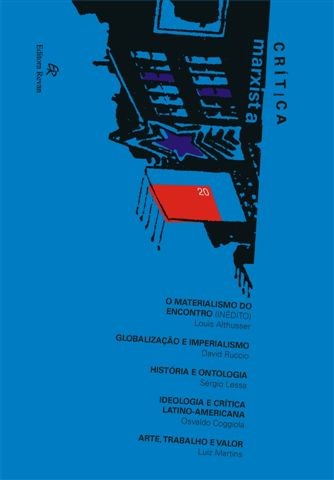Abstract
In 1840, exactly a century after the coronation of the great Frederick II, Prussia saw a new monarch ascend the throne. With the death of Frederick William III, his son, Frederick William IV, assumed power, creating expectations that, under his government, constitutional reform and German unification would be carried out. The expectation was soon dashed. The new king resisted implementing the reforms demanded by the liberals and implemented a policy inspired by a
medieval ideal of the State, in the spirit of romanticism philosophers. “Between God and the nation there must be no written paper”, said the monarch, evoking ancient doctrines of the “divine right” of kings.
References
ENDERLE, Rubens. O jovem Marx e o "Manifesto filosófico da escola histórica do direito". Crítica Marxista, São Paulo, Ed. Revan, v.1, n.20, 2005, p.111-122.

This work is licensed under a Creative Commons Attribution 4.0 International License.
Copyright (c) 2005 Rubens Enderle
